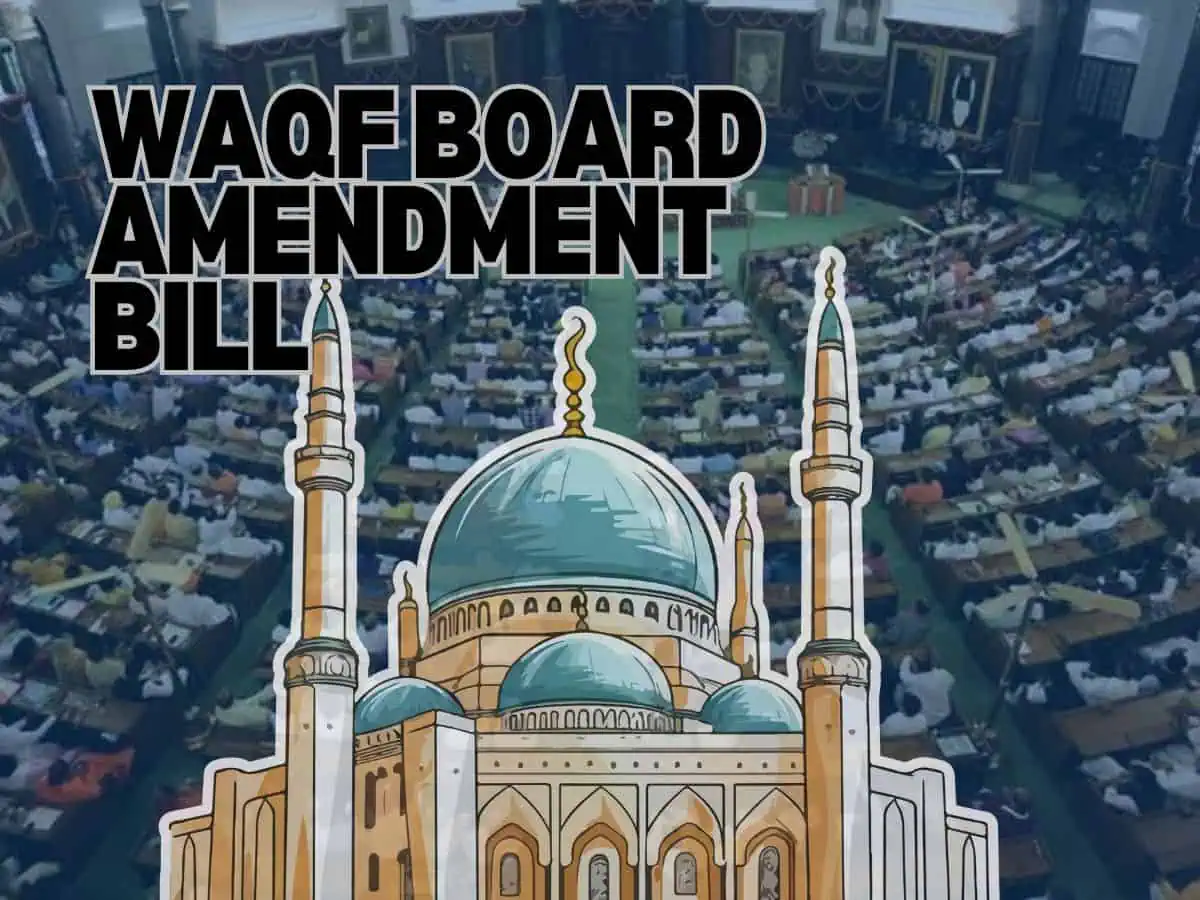
Hyderabad: As the debate on the Wakf (Amendment) Bill 2024 goes on confusion persists on what exactly is Waqf. An Islamic concept, ‘waqf’ refers to the permanent dedication of property (movable or immovable) by an individual for religious, pious, or charitable purposes as recognized by
the Muslim law.
It signifies the absolute transfer of ownership from the waqif (donor) to God Almighty, making the property irrevocable. Once a property is designated as ‘waqf’, it remains so in perpetuity, a principle upheld by the Supreme Court of India, which has stated: “Once a waqf, always a waqf.”
Although there is no direct mention of waqf in the Quran, scholars often refer to Surah (chapter) Al Imran (3:92), which speaks about achieving righteousness through giving what is cherished: “You will not attain virtuous conduct until you give of what you cherish. Whatever you give away, Allah is aware of it.” Additionally, there are several Hadiths (sayings of the prophet) that emphasise charitable giving and the spirit behind Waqf.
Historically, the first waqf is said to have been established by Prophet Muhammad after he migrated to Madinah when he dedicated a grove of 600 date palms for the benefit of the poor. The concept spread across Islamic lands, including India, where it took root during the Delhi Sultanate.
Waqf properties, including mosques, madrasas, and other charitable establishments, have played a vital role in Islamic society by supporting religious and social welfare activities.
Though Waqf properties are endowed in the name of the Almighty, their management and administration fall within the framework of the Central Waqf Act and corresponding State Rules. However, there is a persistent belief within the Muslim community that government interference in the Waqf Board’s affairs is unwarranted.
Many view any form of state intervention as an intrusion into the religious practices of Muslims. This belief stems from the religious significance of waqf properties, which are considered irrevocably dedicated to God, and thus, their management is seen as a matter of faith.
On the other hand, some argue that government supervision is necessary, especially when instances of mismanagement arise. They contend that authorities cannot remain passive if the Waqf Board, or those entrusted with overseeing the properties, deviate from their responsibilities.
Mismanagement, corruption, and the improper handling of valuable waqf assets have been reported in several instances, leading to the deterioration of properties meant for charitable purposes. This raises the question: how can waqf properties continue to serve the public interest if their administration lacks accountability?
Waqf Amendments
The Wakf Act, first introduced in 1954, has undergone several amendments—in 1964, 1984, 1995, and most recently in 2013—to reflect the views of scholars, religious leaders, and the broader Muslim community. The intent has always been to ensure the effective and transparent management of waqf properties. However, the ground reality has not always aligned with these intentions.
The Jawaharlal Nehru government enacted the Wakf Act in 1954, marking the first formal legislative attempt to regulate waqf properties in India. This law laid the foundation for the management and supervision of waqf assets, which are charitable properties endowed by individuals (waqifs) for religious or public welfare purposes under Islamic law. To further strengthen the supervision of waqf properties, the Central Waqf Council was established in 1964 to advise the government on matters related to waqf administration and ensure proper governance.
After the introduction of the Act, the first survey of Wakf properties in the Andhra region was carried out during 1955-56, before the reorganisation of the State. In the Telangana region, the survey was carried out between 1962 and 1973. The total waqf institutions identified in the entire State were 38,529 with attached properties to an extent of about 1.45 lakh acres. It took 14 years to complete the first survey. The second survey was done in the year 2001.
Number of waqf institutions
As per the first survey, the number of waqf institutions in Andhra and Rayalaseema region are: Dargahs (310), graveyards (1209), Mosques (1259), Ashoorkhanas (1218), Chillas (12), Takias (32) and others (560). The land in acres measures 67,973.87. In the Telangana region, the number of waqf institutions are: Dargahs (1869), graveyards (8521), Mosques (3052), Ashoorkhanas (11056), Chillas (6789), Takias (112), others (2530). The landed property runs into 77,538.07 acres.
The Waqf Act of 1995 brought significant changes to the regulatory framework. It introduced provisions to form Waqf Boards in each state and union territory, allowing for more localised management of waqf properties. These boards were tasked with overseeing the administration, protection, and utilization of waqf assets, ensuring they served the purposes for which they were intended are maintenance of mosques, and madrasas, and supporting charitable activities.
In 2013, under the UPA government, further amendments were made to the Waqf Act, granting more powers to the Waqf Boards. These amendments were aimed at enhancing the effectiveness and autonomy of the boards, providing them with greater authority to manage and protect waqf properties.
The 2013 amendments also sought to curb corruption and mismanagement by introducing stricter regulations on the sale or transfer of waqf properties and improving transparency in their administration.
The continuous evolution of the Wakf Act, through various amendments, reflects the need for stronger governance of waqf assets. However, it has also led to debates about the balance between religious autonomy and state regulation, with concerns over potential government interference in religious affairs persisting.
In light of recurring mismanagement, the Modi government has proposed the Wakf (Amendment) Bill 2024. The proposed Bill with 44 amendments, has sparked controversy. Muslim bodies and opposition parties argue that the bill is anti-constitutional and politically motivated, potentially undermining the autonomy of waqf institutions.
The government, however, claims the bill is intended to bring transparency and improve the functioning of Waqf Boards. The debate continues as both sides weigh the balance between religious autonomy and effective governance.
